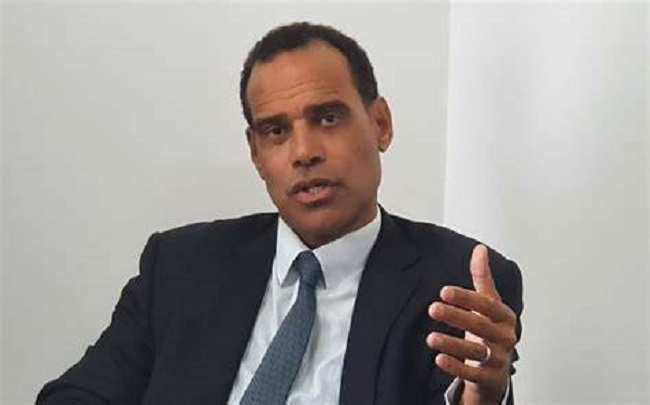SEO Riders:
– PSIDS align NDCs with 1.5 °C Paris goal; six aim for 100 % renewable energy.
– Pacific nations pioneer carbon pricing, nature-based solutions, and transparency tools.
– Regional capacity-building for NDC 3.0 and Article 6 accelerates climate ambition.
A new report from the UNFCCC Regional Collaboration Centre for Asia and the Pacific spotlights how Pacific Small Island Developing States (PSIDS) are emerging as global climate leaders ahead of the NDC 3.0 deadline. Though they emit only 0.03% of the world’s greenhouse gases, all 14 PSIDS submitted their first NDCs by 2015 and 11 have since revised or updated them. Ambitious targets in renewable energy, sustainable transport, and nature-based solutions feature prominently, with six nations committing to 100% renewables, and countries like Vanuatu, Fiji, and the Marshall Islands setting sector-specific decarbonisation roadmaps aiming for carbon neutrality by 2050.
Underpinning this leadership was the recent NDCs 3.0 Regional Forum in Apia (Aug 2024), where policymakers from 14 Pacific nations received training on the Enhanced Transparency Framework, carbon pricing, and Article 6 mechanisms. Concurrently, the transfer of the Pacific NDC Hub to SPC marks a shift to regional ownership, reinforcing coordination in capacity-building, emissions reporting, and financing at the national level. As NDC 3.0 approaches, the Pacific signals that small islands can set the pace in translating ambition into actionable climate resilience.
